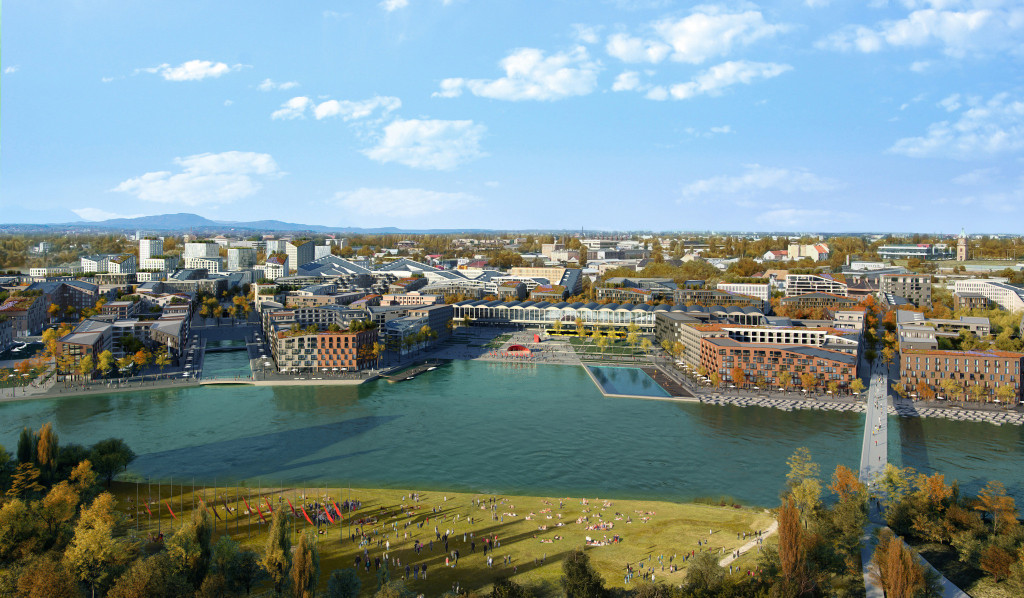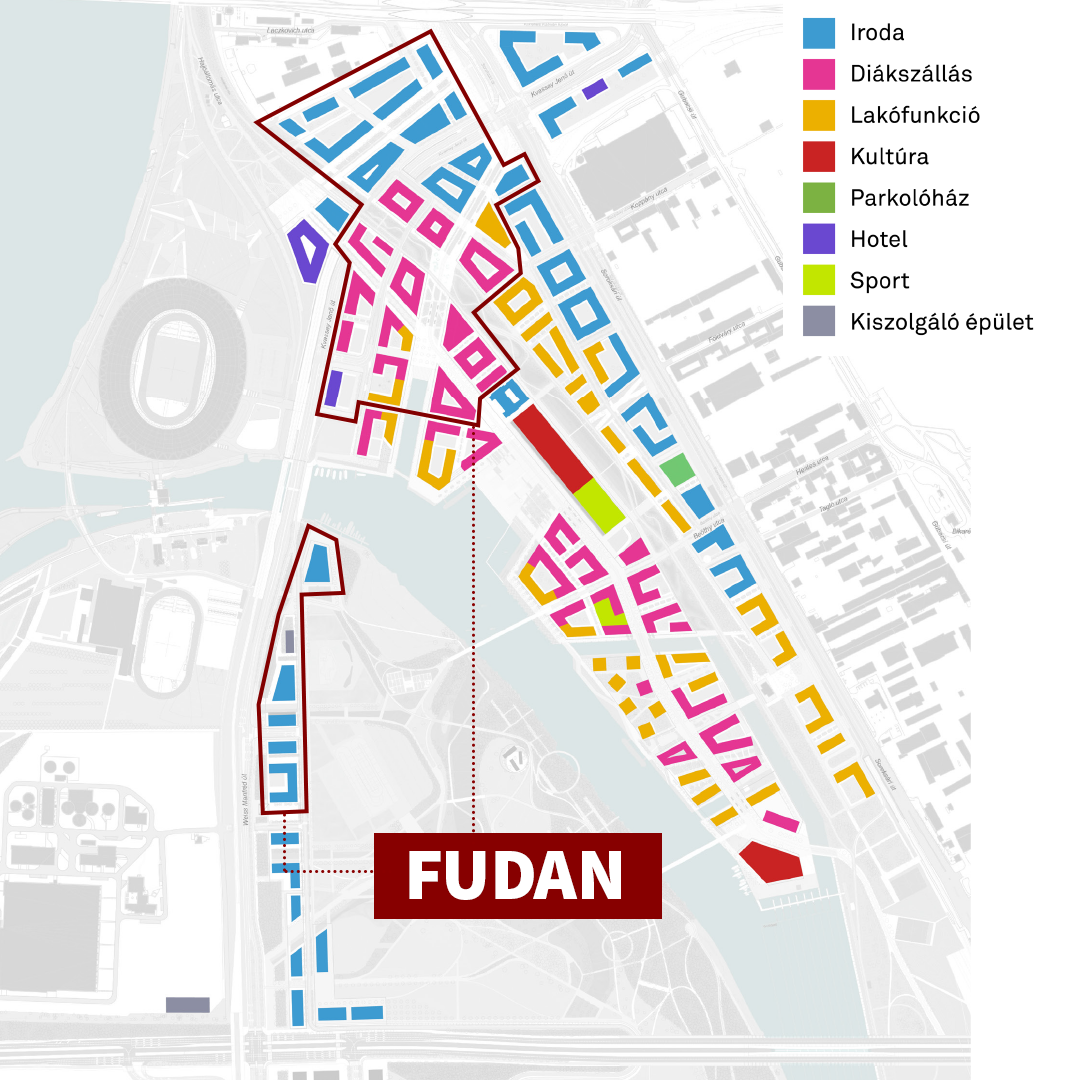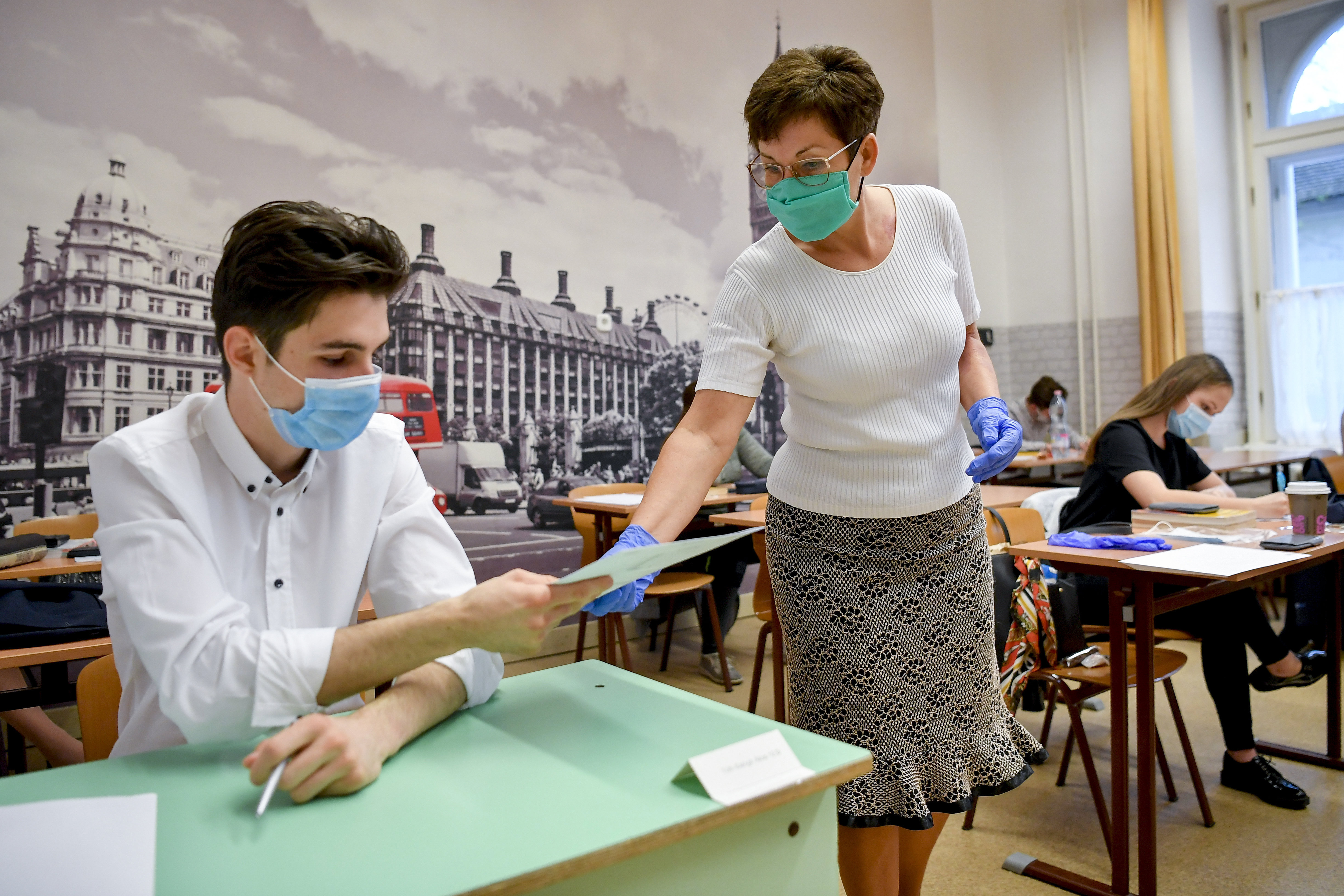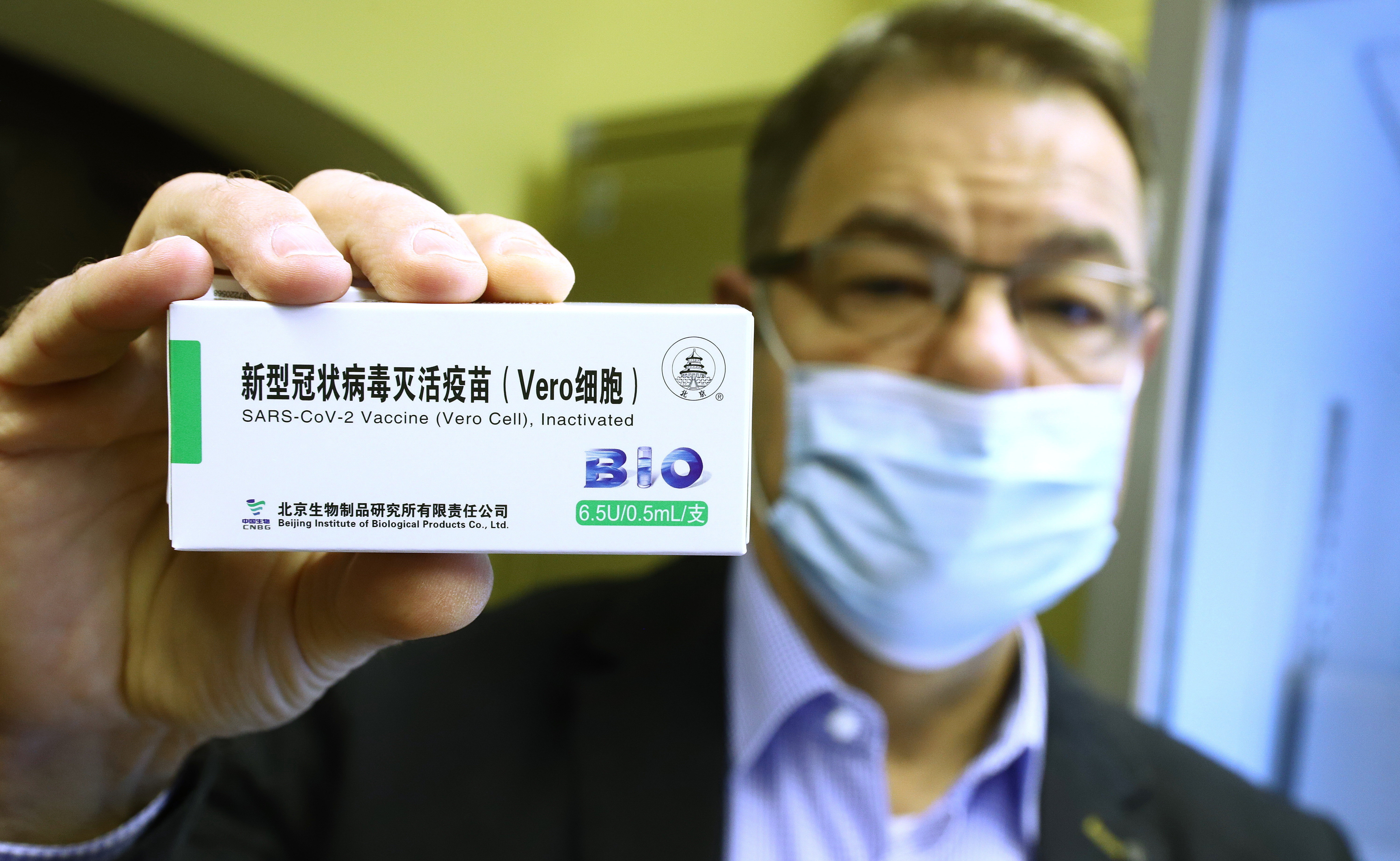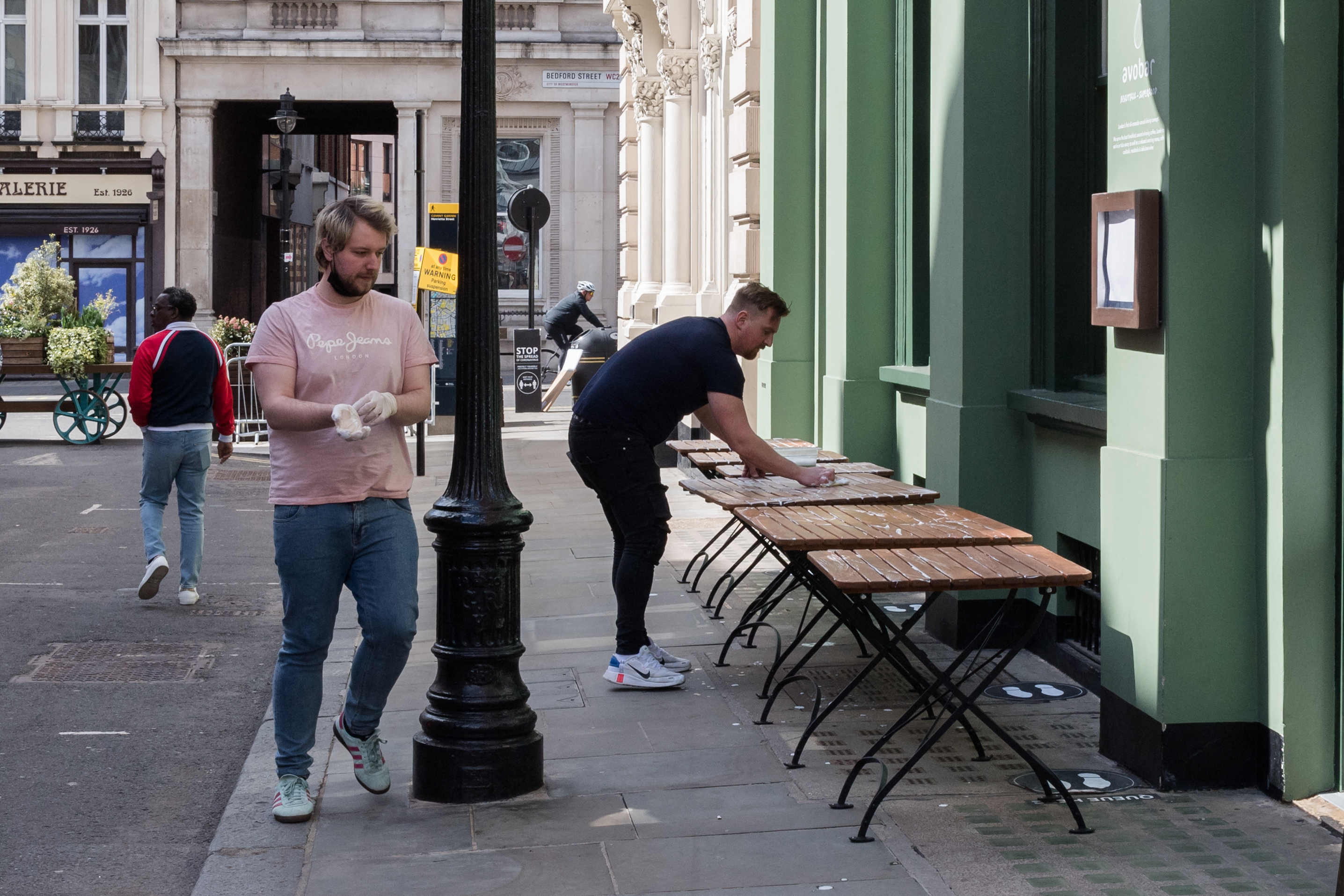Budapest battles with government over construction of Chinese university
- Stay updated on the latest news from Hungary by signing up for the free InsightHungary newsletter:
Budapest city leadership is opposing government plans to build a large campus of a Chinese university in the capital, arguing it takes scarce resources away from Hungarian students.
The government announced last year that the top-tier, Shanghai-based Fudan University would open its first European campus in Budapest in 2024. The campus would serve five to six thousand students and employ five hundred professors.
But according to an investigation by Direkt36 published on 444.hu last week, the government plans to construct the 520,000 square meter campus in an area of Budapest's 9th District previously set aside for the construction of a "Student City," which would provide accommodation for 8-10,000 students and faculty of Hungarian universities.
On Monday, Budapest mayor Gergely Karácsony told RTL Klub that if the government goes through with plans to build Fudan University on the site, he would withdraw the city's support for hosting the 2023 World Athletic Championships in a stadium currently being built nearby. The political leadership of Budapest and the 9th District earlier said that construction of the Student City was a condition for them agreeing to host the event.
"It doesn't matter if the government says it wants to build the Student City if in reality the Chinese university will crowd it out because of its size," Karácsony said, adding that if the Student City is not built, the championships would not take place in Budapest.
Viktor Orbán's chief of staff, Gergely Gulyás, said at a press briefing last week that construction of the university would not preclude the opening of the Student City, adding that Fudan would only further justify construction of the student's quarter.
In an Thursday press conference, state secretary for Budapest development Balázs Fürjes and director of the Budapest Development Center Dávid Vitézy (both representatives of central government bodies) said there had been a "misunderstanding," and that Fudan University would be built on a nearby site and would not affect the construction of the Student City.
But city planner and chief of staff to mayor Karácsony, Samu Balogh, wrote in a Facebook post Thursday that the claims were "the latest bluff" from the government, and that published plans show that Fudan will be built on areas earlier set aside for student dormitories.
"The government's true intentions can only be clarified by publishing the relevant government decision," Balogh wrote.
According to the Direkt36 investigation, the government estimates the cost of building Fudan University at €1.5B (HUF 540 billion). The project would utilize largely Chinese building materials and Chinese labor, and would be primarily financed with a loan from a Chinese bank. The land for the site will be provided free of charge by the Hungarian government. The investigation also raised concerns over potential national security risks posed by the establishment of the campus. It is available here in English.
Schools to reopen amid opposition from some teachers, parents and students
Prime Minister Viktor Orbán announced in a Facebook video Wednesday that kindergartens and the first four grades of primary schools would resume in-person education on April 19, and that all other grades would return on May 10.
The decision was a step back from earlier plans to allow all primary school grades to return to schools after 3 million people had received at least a first dose of a Covid-19 vaccine - a threshold set by the government for when pandemic restrictions could be gradually loosened.
But many of Hungary's affected teachers, parents and students have opposed the plans to reopen schools, arguing that the current state of the pandemic could put their health at risk. Teachers have argued that schools should only reopen two weeks after educators receive a second dose of a vaccine, the time necessary to develop full protection from the virus.
A survey of of 9,529 teachers found that 87 percent opposed the reopening of all schools on April 19, as originally planned. Most respondents said they would support reopening after Hungary's infection rate drops below 100 per 100,000 people (the current rate is 398.)
The Hungarian Chamber of Doctors said plans to reopen businesses and schools had come "too early," and were "not based on health or epidemiological justifications," and the Hungarian Doctors Union sent an open letter to Orbán asking for the opening of schools to be postponed.
The group pointed out that a British variant of the coronavirus could put young, healthy adults and children in a serious or even life-threatening condition, and that post-Covid syndrome could cause lifelong health damage.
In a radio address on Friday, Orbán said that 27 children under the age of 14 were currently being treated in hospitals with Covid-19, and that two of them were on ventilators.
The Democratic Union of Teachers (PDSZ) released a statement saying the reopening of schools was akin to "playing Russian roulette with teachers and students," and argued that some teachers had not yet received a first dose of a vaccine.
Additionally, several labor union umbrella organizations demanded that digital education be maintained in schools alongside optional childcare services.
A students union released a statement demanding that digital education remain in place until all teachers are fully protected with a vaccine, and urged high school students not to return to classes on April 19. (The government later announced high schools would only reopen on May 10.)
Government will not offer third dose of Sinopharm vaccine
Some doctors are urging the government to conduct evaluations of the immune response generated in people who receive the China-produced Sinopharm vaccine after some reports from other countries indicate low response in a limited number of recipients.
At a government press briefing Thursday, the prime minister's chief of staff Gergely Gulyás dismissed claims that a third dose of the Sinopharm vaccine could be required in some cases to produce maximum protection from the virus, and alleged that the jab was more effective than some vaccines produced in the west.
“We can clearly see that after more than half a million people have received the second dose of the Sinopharm vaccine, their level of protection is no worse, and is actually even better, than for those who received the Pfizer vaccine,” Gulyas said, but provided no evidence to support the claim.
In the United Arab Emirates in early March, Sinopharm's distributor announced it would offer third doses of the vaccine to a small number of people who had not developed adequate immune response to the virus after receiving a second dose. Reports from Serbia, where Sinopharm is in use, also indicate that third doses may need to be given to some patients.
No detailed efficacy data of Sinopharm’s vaccine has been publicly released. But the World Health Organization (WHO) in late March said interim analysis of clinical trial data "demonstrated safety and good efficacy against symptomatic Covid-19 disease," and that the vaccine could receive emergency use listing by the end of April.
The WHO added that more data and research is needed to determine the vaccine's safety and effectiveness for different age groups and those suffering from chronic conditions.
Virologist Miklos Rusvai told Index on Wednesday that a third dose of the vaccine may be necessary in some cases since “there are certain people who do not develop an adequate level of antibody response."
Rusvai recommended conducting antibody tests on those who have received second vaccine doses to determine the level of immune response. Biochemist and professor Balázs Sarkadi also suggested that "research be launched urgently in Hungary to investigate the antibody-based and cellular immunity of patients vaccinated with the Sinopharm vaccine."
On Wednesday, rector of Semmelweis University, Béla Merkely, told newspaper Népszava that his institution could initiate research on the immune response of vaccine recipients some time in the autumn.
Terraces of restaurants and bars to open next week
Prime Minister Viktor Orbán announced in a Facebook video Wednesday that the terraces of restaurants and bars could open once 3.5 million people had received at least a first dose of a vaccine, which he predicted would occur in the middle of next week.
"We will once again get a piece of our old life back," Orbán said.
A statement on the government's website said that terraces could be open from 5 a.m. to 9:30 p.m. Guests will not be required to wear masks, but service staff will, the statement reads.
Restaurants will not be required to pay the customary usage fee for occupying public areas with terraces, Orbán announced. Budapest mayor Gergely Karácsony later wrote that he welcomed the decision.
The opening comes as Covid-19 death and infection rates remain high, but show signs of peaking. The number of daily new infections, hospitalizations and those being treated on ventilators have declined modestly in the last two weeks. As of Friday, 24,762 people had died of coronavirus-related causes in Hungary, giving it the second worst cumulative death toll per 1 million people in the world after Czechia, according to Johns Hopkins University.


